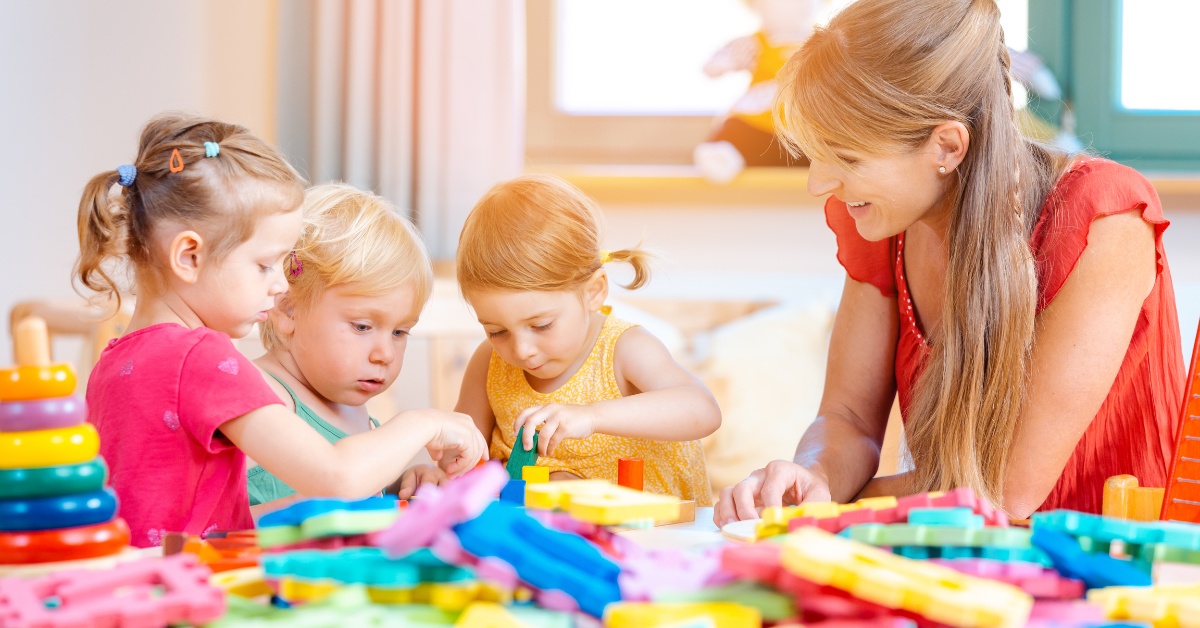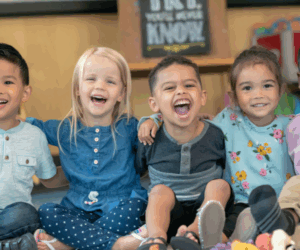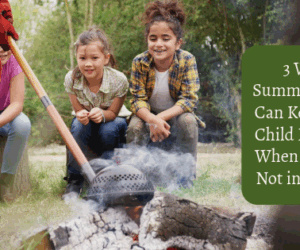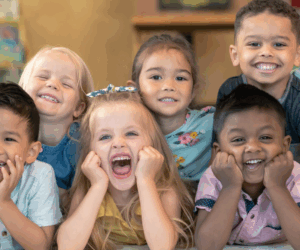Why Children Learn Best in Playful Environments?

Research shows that playful learning experiences lay the foundation for brain development and cultivate essential skills. This is why, when it comes to daycares or schools, creating environments where children can learn through play is an effective educational strategy that supports their overall development. But why do children learn best in playful environments? Let’s explore how play-based learning in a Coral Gables preschool can foster growth and learning in young minds.
1. Children are naturally inclined to play
From the moment they are born, children are naturally inclined to learn through play. Parents may notice that this instinctual behavior is evident in everyday moments such as a baby delighted in scrunching up wrapping paper. This activity may seem simple, but it is actually a form of playful exploration where children begin to understand the world around them. Just like little scientists, they experiment, observe, and learn through these playful interactions. Playful exploration is a child’s natural way of learning, and it engages their curiosity and creativity, which are crucial for their cognitive development.
2. Play strengthens the brain
Research has shown that play is vital for brain development in young children. Engaging in playful activities stimulates neural connections in the brain, which are critical for cognitive growth. When children play, they use their imagination, solve problems, and make decisions, all of which require active thinking and reasoning. These processes help to strengthen neural pathways, enhancing brain function and supporting the development of skills like memory and attention. Furthermore, as children navigate different play scenarios, they learn to manage their emotions, cooperate with others, and make thoughtful decisions.
According to an article by the Federation of American Scientist, through play, many children are able to demonstrate their knowledge and learning that they otherwise are unable to share on a worksheet or assessment. In fact, early childhood and early elementary programs have a vital chance to influence a child’s long-term growth by offering playful learning experiences that are suited to their developmental needs.
3. Play helps foster important skills
Play is more than just fun, it is a powerful tool for cultivating 21st-century skills like creativity, collaboration, critical thinking, and communication. These competencies are essential for success in today’s world, helping individuals navigate the challenges and opportunities brought by rapid technological advancements, globalization, and evolving societal dynamics that are transforming how we live, work, and interact. For instance, when children who attend a Coral Gables preschool engage in pretend play, they create stories, develop characters, and solve problems. This type of play encourages them to think creatively and communicate effectively with their peers. Such skills are not only essential for academic success but also for personal and professional growth later in life.
From the very beginning, play is the way we connect with the world and with those around us. This is why children learn best in playful environments as it is a natural and effective way for them to explore, discover, and understand the world. Through this exploration, they develop skills and abilities that will benefit them throughout their lives. At ICS, our Coral Gables preschool program is based on the philosophy that children learn best in a fun and playful environment with a balance between child-initiated and teacher-facilitated activities. By creating learning environments that are both fun and educational, we can support children in becoming curious, confident, and capable learners who are well-prepared for the future. We invite you to learn more about our school today!



